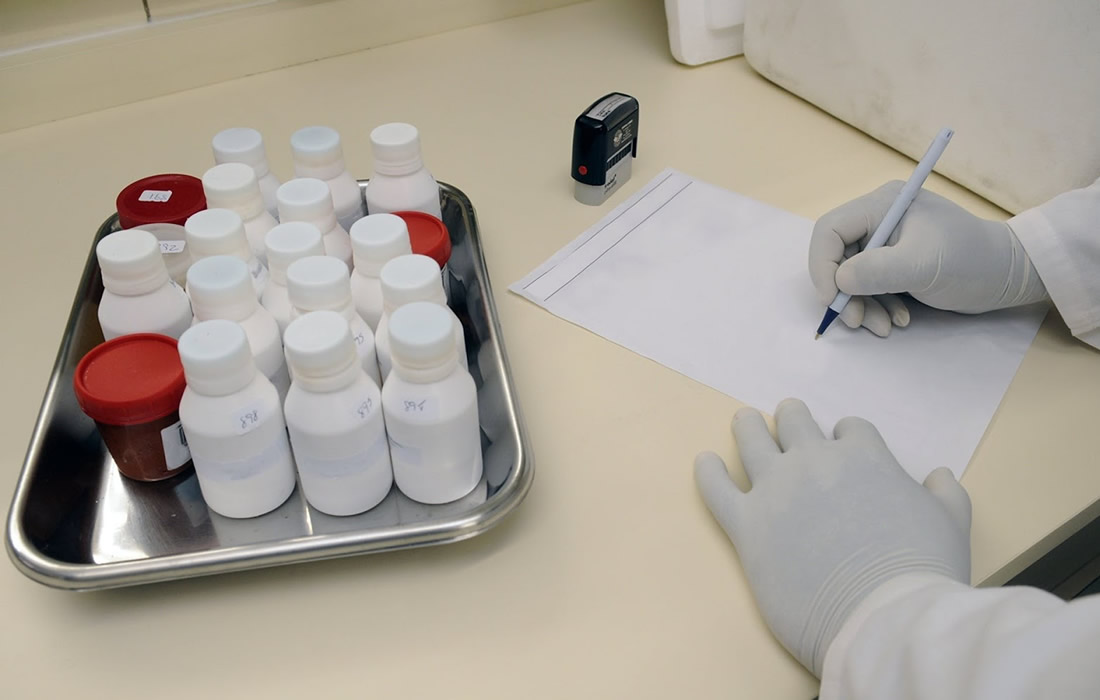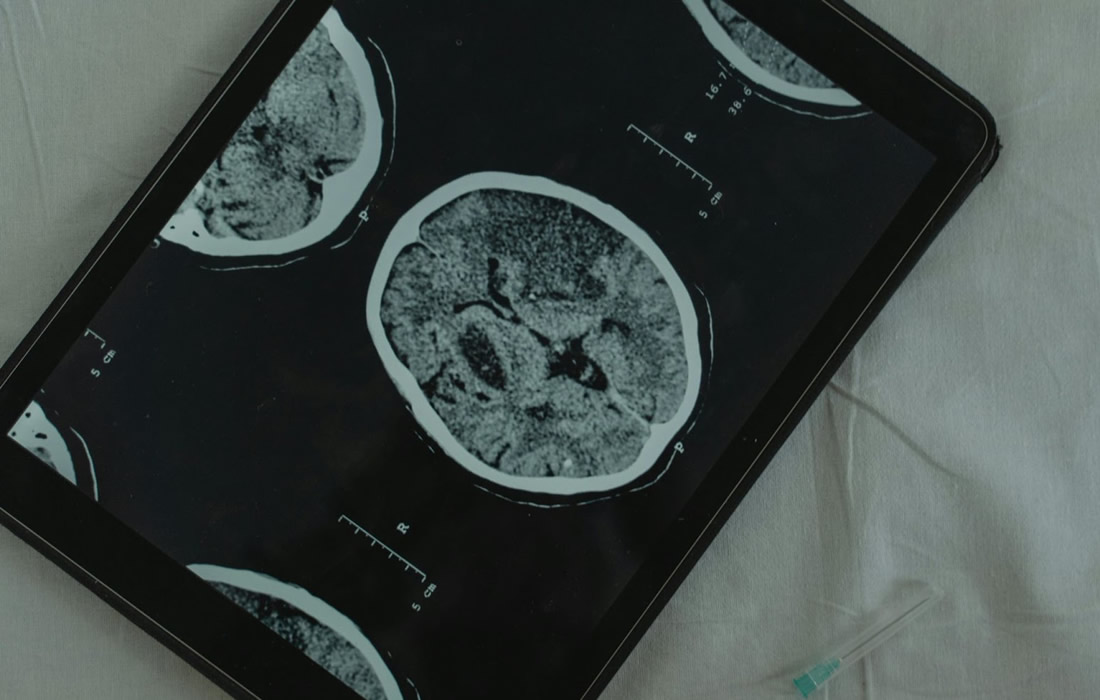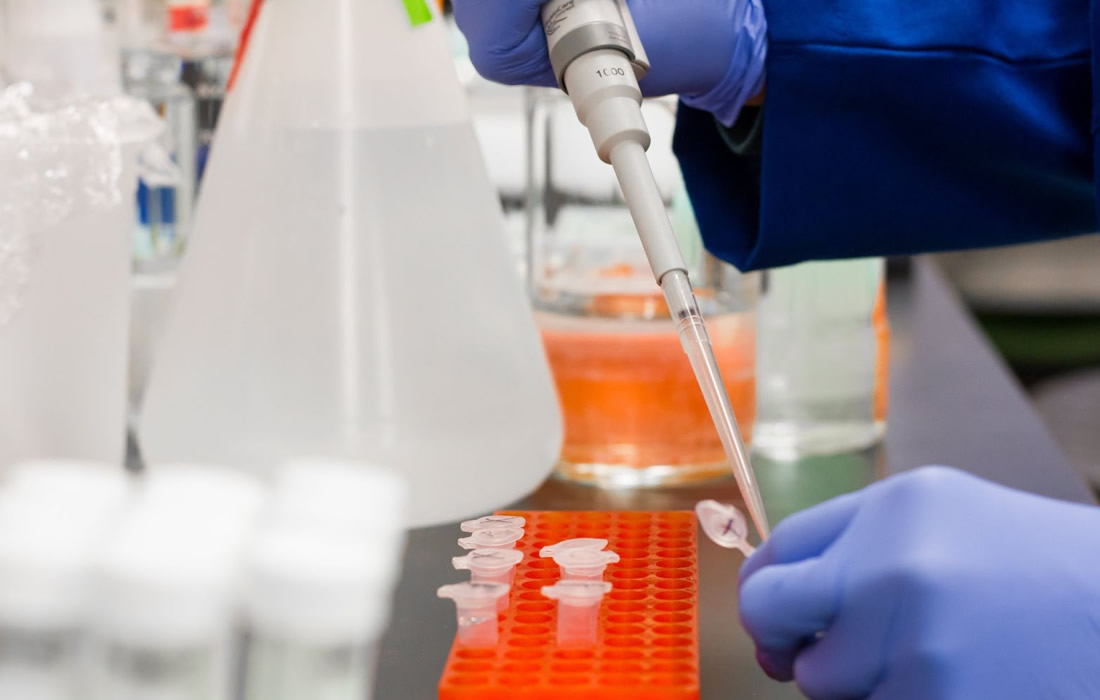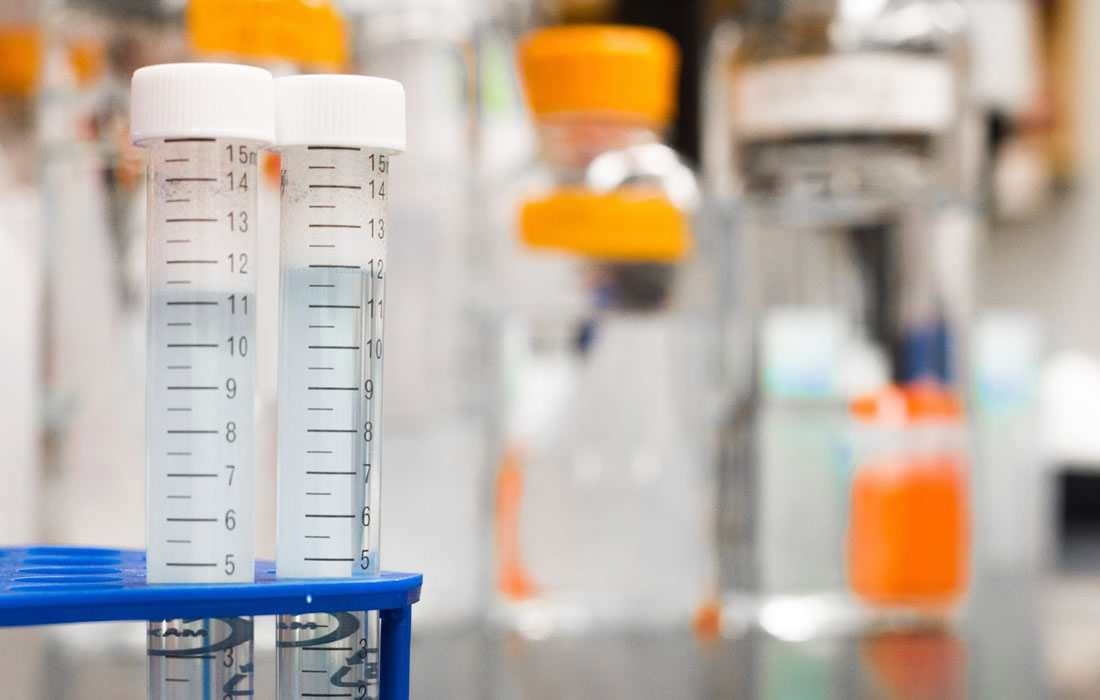In an article published in the scientific journal Nature Chemical Biology, Biosynthesis of natural and halogenated plant monoterpene indole alkaloids in yeast, the researchers now present results with the artificial production of the naturally occurring substance, alstonine, which has shown promising results for use in treating mental disorders. “Development of medicines from natural plant substances […]
Author Archives: Rocio Gallegos, MD
Traditionally, psychiatric disorders such as depression have been diagnosed based on symptoms according to subjective assessments. The identification of biomarkers to aid in diagnosis and treatment selection would greatly advance treatments. In the current study, the investigators used brain imaging data from the Adolescent Brain Cognitive Development (ABCD) Study of nearly 12,000 children aged 9 […]
A drug currently in clinical trials as a cancer therapy can also stimulate pancreatic beta cells to secrete insulin, revealing a previously unknown mechanism for insulin regulation in type 2 diabetes, according to a new study by Weill Cornell Medicine investigators. To search for new insulin-regulating mechanisms, Dr. Chen and her colleagues began by testing […]
Vitamin D is a nutrient from sunlight exposure, diet, or supplements. It is commonly considered essential to bone health but also has a role in autoimmune and other illnesses. The review links vitamin D deficiency to childhood asthma and wheezing, a major cause of illness in young children. About 40% of kids report daily wheezing […]
Huntington’s disease causes involuntary movements and dementia, has no cure, and is fatal. For the first time, UC Riverside scientists have shown they can slow its progression in flies and worms, opening the door to human treatments. Key to understanding these advancements is the way that genetic information in cells is converted from DNA into […]
“People with epilepsy often face stigma that can cause them to feel different than others due to their own health condition and that can have a significant impact on their quality of life,” said study author Manjari Tripathi, MD, DM. “This stigma can affect a person’s life in many ways including treatment, emergency department visits […]
Led by researchers from NYU Grossman School of Medicine, the new work created lab mice with human genetic material for ACE2. The mice with this genetic change developed symptoms similar to young humans infected with the virus causing COVID-19, instead of dying upon infection as had occurred with prior mouse models. “Given that mice have […]
In 2022, UC’s Robert Krikorian, PhD, and his team published research that found adding blueberries to the daily diets of certain middle-aged populations may lower the chances of developing late-life dementia. “Both strawberries and blueberries contain antioxidants called anthocyanins, which have been implicated in a variety of berry health benefits such as metabolic and cognitive […]
Major depressive disorder (MDD) is a widespread mental health condition that for many is disabling. In a new study researchers identified a gene that interacted with stress to mediate aspects of treatment-resistant MDD in an animal model. Jing Zhang, PhD said, “Emerging evidence suggests that MDD is a consequence of the co-work of genetic risks […]
Atherosclerosis is considered a frequent cause of cardiovascular diseases and strokes. An international team has now identified a specific microRNA molecule as a promising starting point for the investigation of new therapies. Some time ago, the researchers had already demonstrated that the transmembrane protein CXCR4 plays a significant role in the development of atherosclerosis. The […]










